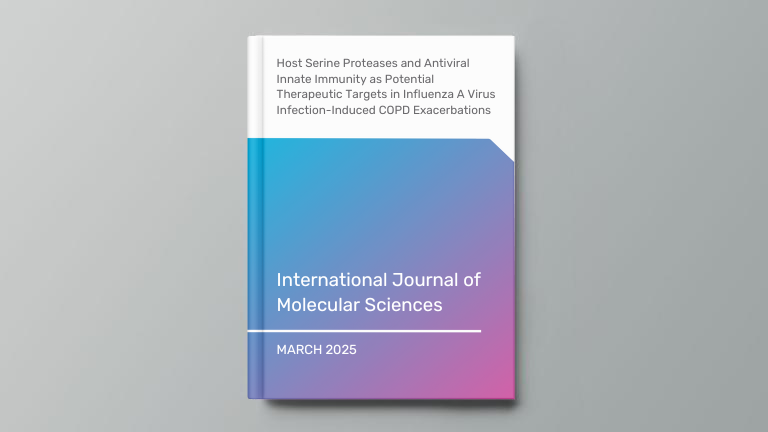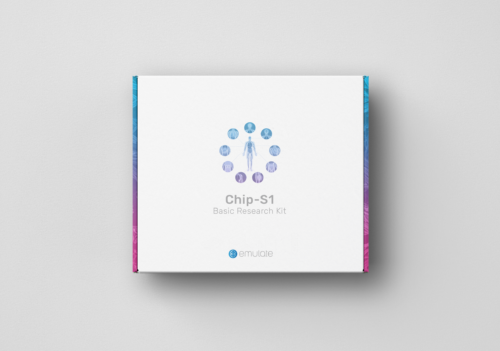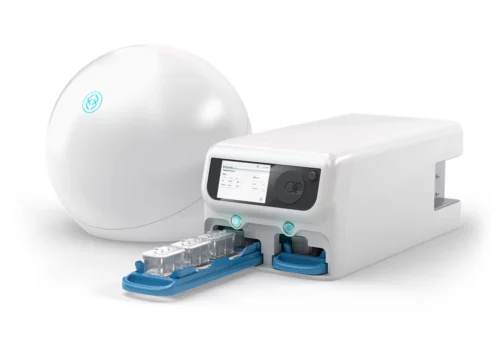Organ Model: Lung (Airway)
Application: Infectious Disease, Immunology & Inflammation
Highlights
In this study, the researchers created an Airway Lung-Chip that contains primary human airway epithelial cells (from either healthy donors or COPD patients) cultured at an air–liquid interface above a channel lined with pulmonary endothelial cells. This chip faithfully reproduces many features of the human airway, including differentiation into multiple cell lineages, mucus production, and barrier integrity. By infecting the Airway Lung-Chips with influenza virus, they could directly compare how healthy versus COPD airway cells respond to infection and drug treatments in a more physiologically relevant environment. Notably, they showed that COPD Airway Lung-Chips exhibit heightened viral replication and inflammation, mirroring the exacerbated disease states seen in patients. The Airway Lung-Chip experiments consistently showed higher viral replication and more pronounced inflammatory responses compared to static Transwell cultures, suggesting that the dynamic microenvironment on the chip better recapitulates in vivo airway physiology.



